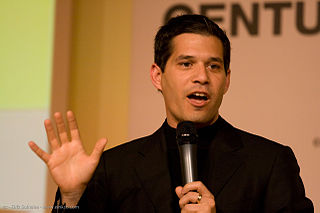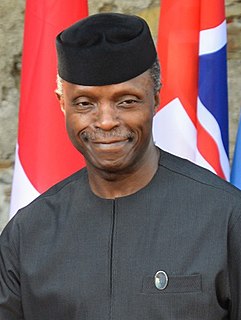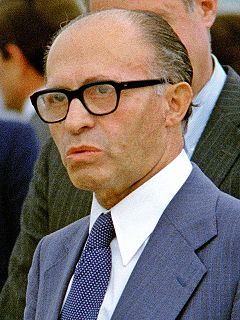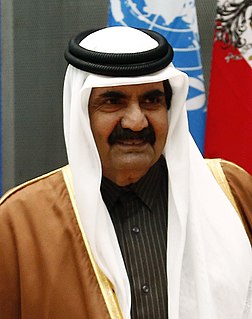A Quote by Shai Agassi
I started digging and found that Israel signed a peace treaty with the United Arab Emirates after the country had diversified their economy, instead of being solely oil-based. This diversification had brought about modernization. I realized that if you land the price of oil, countries will diversify their economies and as a result, modernize.
Related Quotes
The government sent the Indians to Oklahoma. They had a treaty that said, 'You shall have this land as long as grass grows and water flows.' It was not only a good rhyme but looked like a good treaty, and it was till they struck oil. Then the Government took it away from us again. They said the treaty only refers to 'Water and Grass; it don't say anything about oil.'
Scientists had said, "If you keep burning coal and gas and oil, you will melt the Arctic." And then the Arctic melted just as they had predicted. Did Shell Oil look at the melt and say, "Huh, maybe we should go into the solar-panel business instead?" No, Shell Oil looked at that and said, "Oh, well, now that it's melted it will be easier to drill for more oil up there." That's enough to make you doubt about the big brain being a good adaptation.
Some people say that the West has a cruel history. These people also may see the achievements of Western countries - in terms of the economy, education, health, and social achievements - as a result of exploitation of poorer countries, including Arab countries. Western nations get rich by using resources such as Arab oil. Meanwhile, the countries supplying them raw materials remain poor. Due to such injustices, jealousies are created.
There's a huge misconception that it's all about the oil, and the truth is there's actually not much oil left in Abyei. The misperception arose because when the peace agreement was signed in 2005, Abyei accounted for a quarter of Sudan's oil production. Since then, the Permanent Court of Arbitration in The Hague defined major oil fields to lie outside Abyei. They're in the north now, not even up for grabs, and they account for one percent of the oil in Sudan. The idea that it's "oil-rich Abyei" is out of date.
Almost every peace process that has gone on between the Arab side and Israel, the United States has been somewhat isolated because most of the countries in the world, what they really want is to accept the Arab peace plan or so-called peace plan, which in its present form would lead to the destruction of Israel.
Speculation in oil stock companies was another great evil ... From the first, oil men had to contend with wild fluctuations in the price of oil. ... Such fluctuations were the natural element of the speculator, and he came early, buying in quantities and holding in storage tanks for higher prices. If enough oil was held, or if the production fell off, up went the price, only to be knocked down by the throwing of great quantities of stocks on the market.
So much of the United State's political relationship with Israel is based on culture. Israel is the only Westernized culture in the region and the Middle Eastern countries bordering Israel are Arab, which is a totally different society. Even though Israel doesn't exactly feel like the United States, by comparison to its neighbors it's very Western.
Some people have criticized the United States and the United States military for guarding oil fields and not guarding the Iraqi National Museum which had priceless antiquities in it. They say that this shows a fundamental lack of respect for Iraqi history. I want to remind those people of this: The oldest relics in the museum, 5,000 or 6,000 years old. That oil is 65 million years old. You had to guard that. ... Those antiquities will only last another 5,000 or 6,000 years. When we burn that oil, those fumes will linger long after.



































